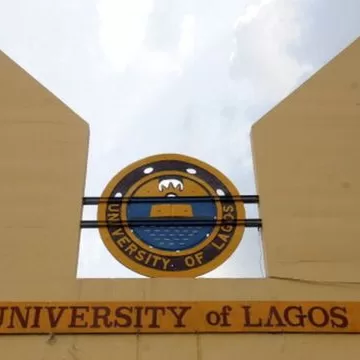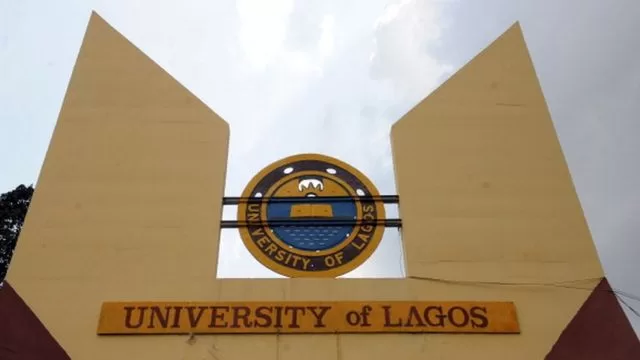The University of Lagos has announced an increase in tuition costs for both returning and new students at the institution from N19,000 to N190,000.50.
This information was included in a statement from the university administration that was distributed to news media on Friday in Lagos by the Communication section.
The fee increases would begin in September of the first academic session of 2023–2024, according to the announcement.

The institution stated that the modification was made in light of the current economic climate and the requirement for the university to be able to fulfill its obligations to its students, staff, and municipal service providers, among other parties.
REASON FOR THE FEES INCREASE
The Vice-Chancellor of UNILAG, Mrs. Ogunsola, claimed that the financial strain of operating institutions in Nigeria was becoming intolerable and that unless the cost is shared, there may never be another university to manage.
She claimed that even though the government pays the salaries of the institution’s employees, the money currently generated in a year are insufficient to sustain the university successfully for one month.
Since the university’s prices had not changed in over two decades, she claimed, and in light of Nigeria’s high rate of inflation, “modest fees” were the only logical way to maintain the school.
“The charges had actually been rising for quite some time, but we managed despite the inflation. And to be honest, we have been running deficits of roughly N1 billion every year for the past three years or so. And we have been reducing our expenses in order to provide high-quality education. However, charity alone cannot support us.
“Our expenses have remained higher than our income. We should not be lecturing people on how to make money; instead, we should be thinking, conducting research, and performing significant community service. The university system is broken, and we are losing lecturers every second.
The university, according to Mrs. Ogunsola, is bankrupt, and discussions about the higher fees with students, parents, and other stakeholders started in January.
Read Also: Understanding Men menopause and symptoms
HOW IT WILL AFFECT PARENTS
The President, National Association of Proprietors of Private Schools, Chief Yomi Otubela told Saturday PUNCH, “We have so many parents who are withdrawing their children from school for their inability to meet up with the cost of transporting them to school or even paying the school fees. We have teachers who have tendered their resignation because their take-home pays can no longer take them home and back to school.
“We have instances where vendors, who supply one material or the other, have increased the cost of their materials. For instance, publishers have taken the cost of books from N25,000 to N65,000 for all books needed on average in all classes. We have instances where the use of technology is becoming obsolete because people can no longer fuel their generators and there is a limit to what the solar system can power.
“As it is now, we have a report of so many schools selling off their buses because the cost of patronising buses to parents has tripled and there is so much uncertainty as to what the actual price will be with the rising inflation. Generally, there is so much uncertainty within the private school sector. We consulted experts and all of them are beginning to see where many private schools will cease to exist and some will reduce the quality of education while looking for ways to weather the storm.”
the Publicity Secretary of the National Association of Proprietors of Private Schools in Abuja, Paul Edoh, said parents should anticipate at least a 10 per cent hike in tuition fees from the 2023/2024 academic session.
He told one of our correspondents, “There has not been any official statement from the FCT and the local government chapters of the NAPPS with regards to the aforementioned, but schools in rural areas and some schools in the city centre have resolved that already; by September, there will be changes in school fees by the way of upward reviews to help balance the overhead cost and day-to-day running of the schools.











